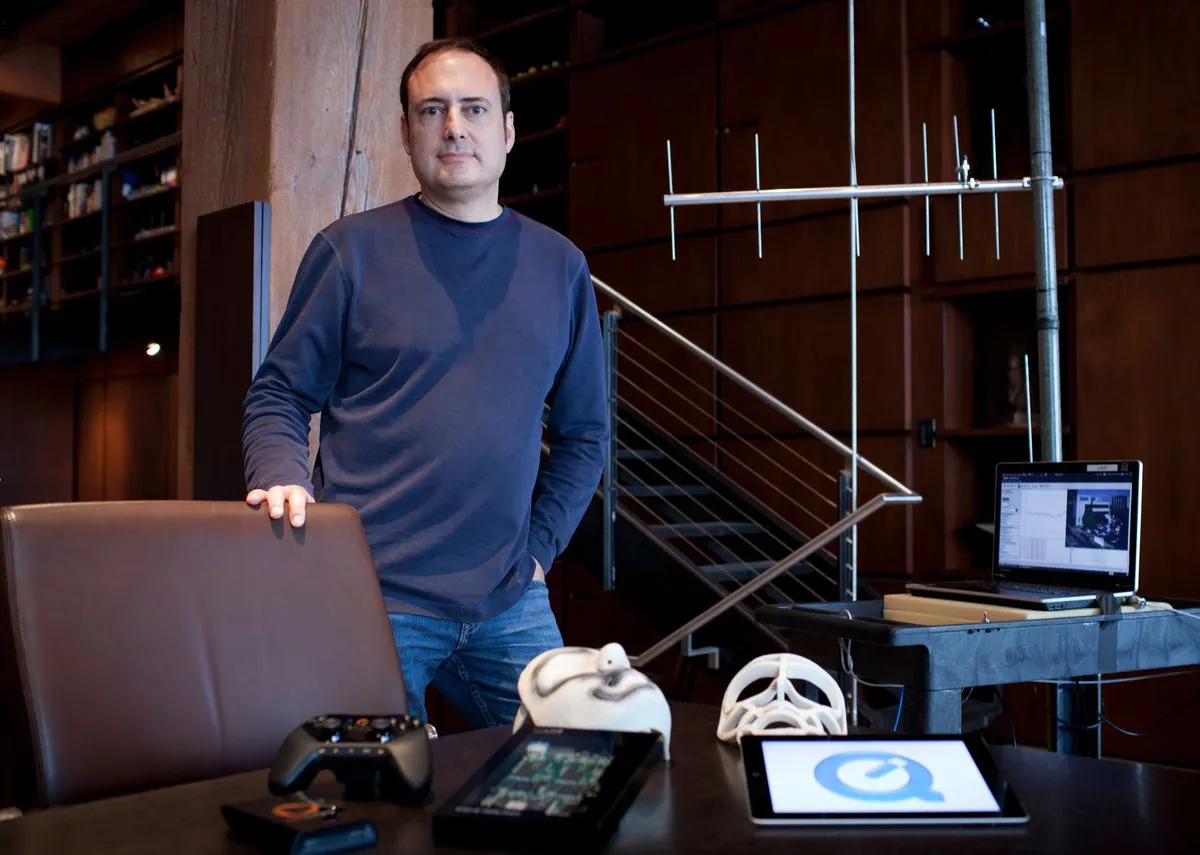Houston Lawyer Hit with $207,000 Sanction in VW Patent Case
A federal judge ordered a Houston patent attorney to pay Volkswagen's legal fees after dismissing a "frivolous" lawsuit. This case highlights ongoing issues in patent litigation practices.

William Ramey, a Houston-based patent attorney, has been ordered to pay $207,000 in legal fees to Volkswagen following the dismissal of a patent infringement lawsuit. This ruling, issued on August 13, 2024, by U.S. District Judge Lee Rosenthal, marks the latest in a series of sanctions against Ramey or his clients for litigation misconduct.
The case, filed on behalf of VDPP, claimed that Volkswagen's 2020 backup camera system infringed on a VDPP patent. Judge Rosenthal dismissed the lawsuit as "frivolous" and riddled with errors, stating that it "never should have been filed." The judge's decision to hold Ramey jointly liable for the fees underscores the severity of the misconduct.
This incident is part of a broader pattern of sanctions against Ramey. Over the past four years, federal judges in Texas and other states have issued at least seven fee sanctions in cases brought by Ramey, totaling a minimum of $810,000. These sanctions highlight ongoing concerns about patent litigation practices and their impact on the legal system.

Patent litigation has become a contentious area of law, with some attorneys and companies accused of filing numerous lawsuits in hopes of extracting quick settlements. This practice, often associated with "patent trolls" or non-practicing entities (NPEs), has been criticized for potentially stifling innovation and increasing costs for consumers.
The case against Volkswagen is not an isolated incident. Ramey has faced similar sanctions in cases against other major tech companies. In August 2023, a federal judge in San Francisco ordered Ramey's client to pay more than $191,000 to Google after finding that a lawsuit against YouTube was frivolous. An additional $65,000 in legal fees was ordered in February 2024.
Microsoft has also sought sanctions against Ramey and his law firm, accusing them of seeking "quick, nuisance-value settlements" on behalf of clients that are essentially shell companies with minimal assets. This practice, where settlement money is distributed to the firm and its litigation funders, has raised ethical concerns within the legal community.
"These lawsuits seek quick, nuisance-value settlements on behalf of clients that are just shell companies with little to no assets."
The ongoing legal disputes involving Ramey and his clients highlight the complex nature of patent litigation in the United States. With approximately 3,500 patent lawsuits filed in US federal courts in 2023, the issue of potentially frivolous litigation remains a significant concern for both the legal system and the tech industry.
The concept of "fee-shifting" in patent cases, which allows courts to award attorney fees to the prevailing party in exceptional cases, serves as a deterrent against baseless lawsuits. However, the effectiveness of this measure in curbing abusive litigation practices remains a topic of debate among legal experts.
As the legal community grapples with these issues, the case against Ramey serves as a reminder of the potential consequences of filing unsubstantiated patent infringement claims. It also underscores the need for continued scrutiny of patent litigation practices to ensure a fair and efficient legal system that promotes innovation while protecting legitimate intellectual property rights.


































